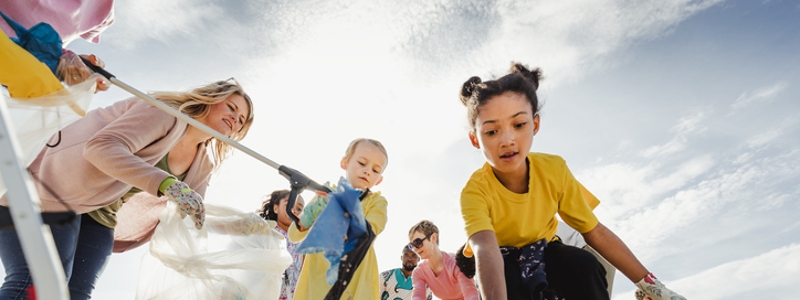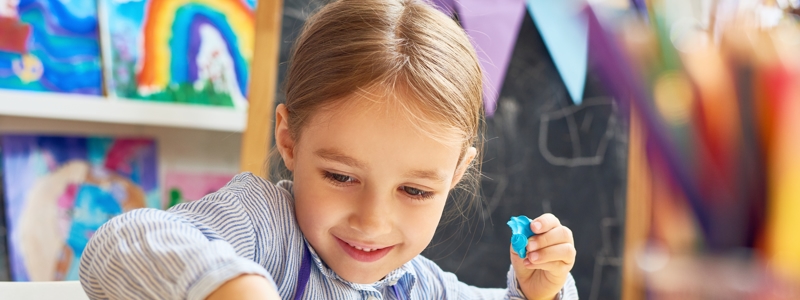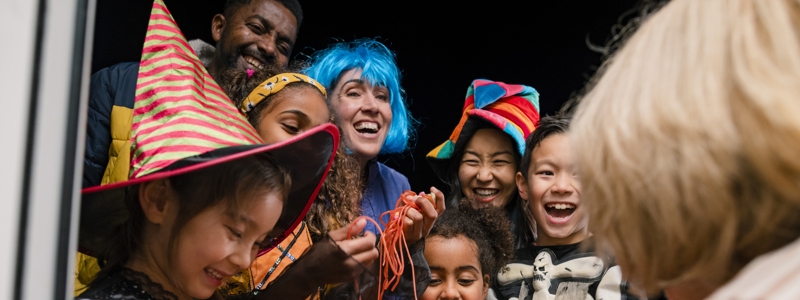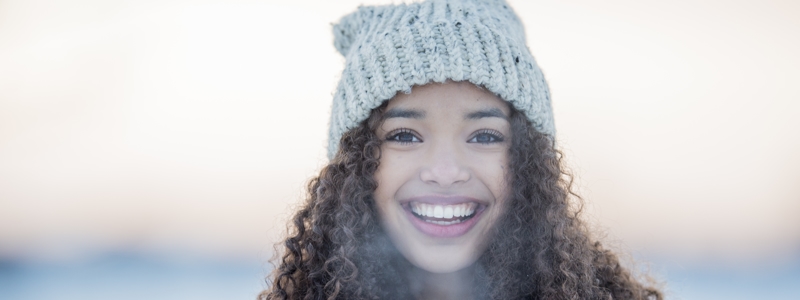With World Ocean Day taking place on the 8th of June, there’s never been a better time to encourage your kids to get involved in protecting the oceans. The ocean not only provides us with oxygen to breath, drives our climate and weather, brings rain to the farmlands, and food to our table, but also offers a place for people of all ages to enjoy whether that’s swimming, sailing, surfing or just enjoying the view. However, experts agree that our oceans are in crisis, which is why it’s so important to not only ask adults to take action but younger generations too. Whether you live by the coast or not, there are plenty of little ways your kids can contribute to protecting our oceans.
1. Use Less Plastic
A really simple way you can start encouraging your children to protect the oceans is to get them to be conscious of using less plastic. Plastics more often than not end up as ocean debris, which contribute to habitat destruction and entangle and kill tens of thousands of marine animals each year. Small changes such as carrying a reusable water bottle, non-disposable lunch boxes and recycling whenever possible are great places to start.
2. Help Clean Up The Beach
Most kids love a day out at the beach, which is why it’s important to encourage them to also take care of it. Ask them to double check they’ve not left anything behind such as litter, food, toys, clothes or containers. Litter in the ocean is a serious pollution problem that affects the health of people, wildlife and local economies. As well as killing marine animals, other people’s rubbish can even injure swimmers and beachgoers. You could even go a step further and go on a family litter walk before you head home, cleaning up anything that’s been left by others on the beach.
3. Respect Marine Life
When enjoying the beach, make sure that your children know how important it is to respect marine life and explore the ocean without interfering. Key things to ask them to remember include; not touching or feeding wildlife and trying not to disturb nesting sites or natural habitats. If you’re exploring rock pools together, make your kids know to tread lightly as many rocks are covered with live mussels, barnacles or other marine life. Also make sure they know not to poke things or pull them off the rocks. Instead, encourage them to enjoy observing wildlife quietly and calmly. These conscious efforts may seem small but can make all the difference when it comes to protecting the ocean.
4. Reduce Their Carbon Footprint
You don’t have to be close to the ocean to help protect it. Asking your kids to be aware of their carbon footprint and getting them to start actively trying to reduce it is a great place to start. Carbon dioxide, a known greenhouse gas, is making our oceans more acidic, which is contributing to the loss of corals and is also detrimental to species such as clams, mussels and crabs who build their skeletons and shells from calcium carbonate. Here are some simple ways your kids can start reducing their carbon footprint today.
- Ride a bike or walk, rather than going in a car.
- Turn off the lights, plugs, TV’s and computers when you don’t need them.
- Put on a jumper in winter, rather than having the heating on.
- Reuse and recycle items as often as you can.
- Grow your own fruit and vegetables in the garden.
- Turn the tap off or take shorter showers to help reduce water usage.
5. Learn As Much As Possible
We all know the saying knowledge is power. One of the most beneficial things your children can do to help protect the oceans is to broaden their knowledge. The more kids learn about the issues facing the world’s oceans and the wildlife that call them home, the more they’ll want to do their bit. Encourage your children to read books, watch documentaries, visit aquariums and get involved in clean up opportunities- we guarantee it will capture their attention and ignite new interests. Here’s some excellent resources to get started:
Watch
Read
I am not a plastic bag by Rachel Hope Allison
World Without Fish by Mark Kurlansky
50 Ways to Save The Ocean by David Helvarg
Visit
Websites
Get Involved




